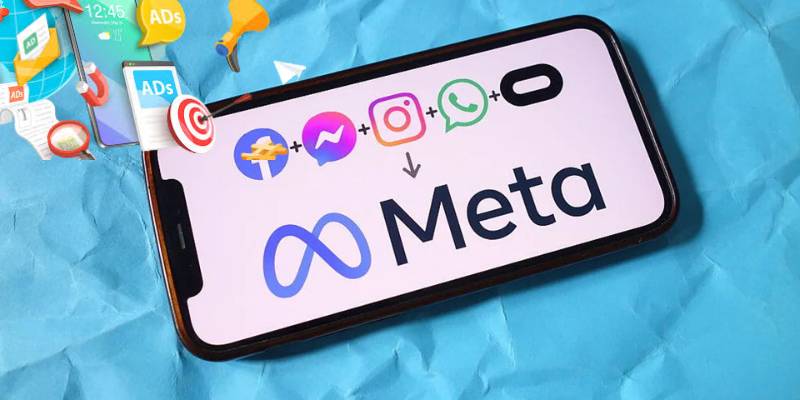Starting December 16, Meta will begin using people’s interactions with its generative AI assistant to shape what content and ads they see across Facebook, Instagram, and other apps.
According to Reuters, users chatting about hiking boots, for instance, could soon find themselves scrolling past ads for trail gear and seeing more outdoorsy friends in their feed.
The kicker? There’s no opt-out—at least, not if you’re using Meta AI.
This rollout skips the UK, the EU, and South Korea, where stricter privacy laws make things trickier.
It’s not the first time Meta’s tried pushing the personalization envelope, but it might be the boldest yet. A billion users now engage with Meta AI every month, and the company’s clearly betting that weaving those chats into the advertising machine will pay off.
Still, many can’t help but wonder if this is just another chapter in the long-running tension between personalization and privacy.
It’s also worth noting how much this aligns with a broader tech industry trend. Google has been exploring similar plays with its AI-driven payments protocol, letting AI agents make purchasing decisions on behalf of users.
Amazon too has been embedding AI features in Alexa, nudging shopping behavior in subtle but powerful ways.
Meta’s pivot feels like a natural extension of this arms race—where the prize is not just your attention but your wallet.
Meanwhile, watchdogs have their eyes peeled. The European Central Bank just tapped Feedzai to fight fraud in its digital euro rollout, underlining how seriously regulators are taking data use in financial systems.
If AI chats are going to start feeding into ad targeting, it’s only a matter of time before regulators ask sharper questions about consent and oversight.
And let’s not forget how consumers are already uneasy about synthetic media. When an AI-generated actress like Tilly Norwood can stir up a Hollywood labor fight, the idea that your personal conversations with a chatbot are mined for ad revenue feels, at best, a delicate balancing act.
Personally, I can see both sides. Part of me shrugs—ads have been targeted for decades, and at least these might feel more relevant.
But another part of me bristles at the thought of private, seemingly casual chats being folded into the same machinery that powers political ads and consumer nudges.
Maybe that’s just the price of living in an ecosystem where attention is the currency, and Meta owns the mint. The question is whether users will accept the trade-off or quietly back away from the chat.

